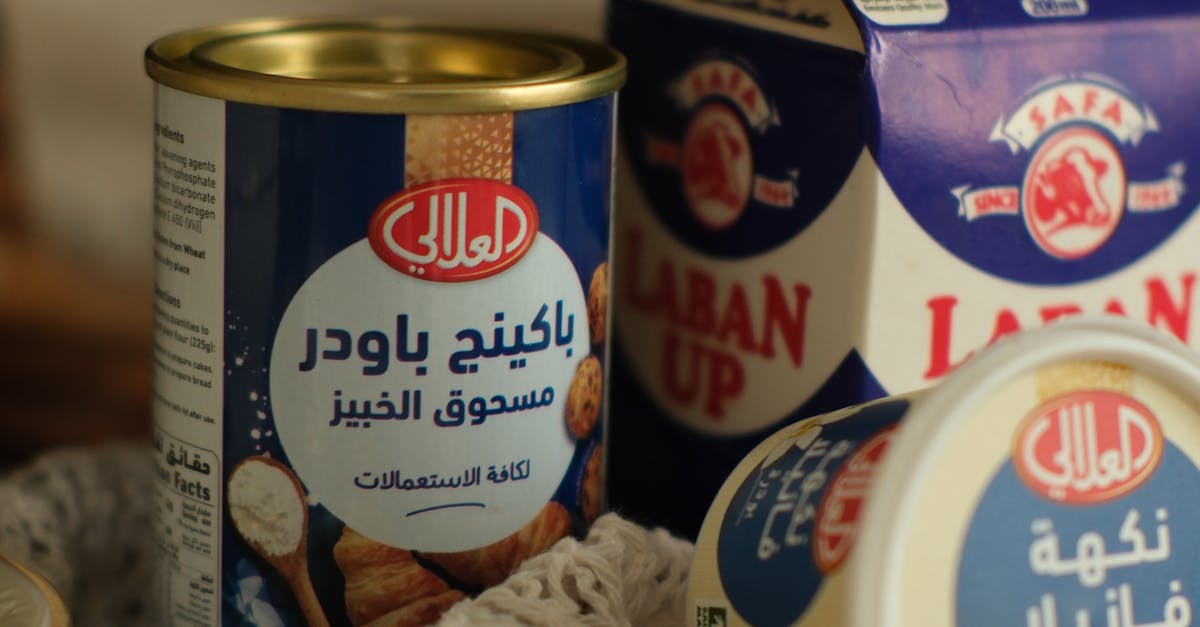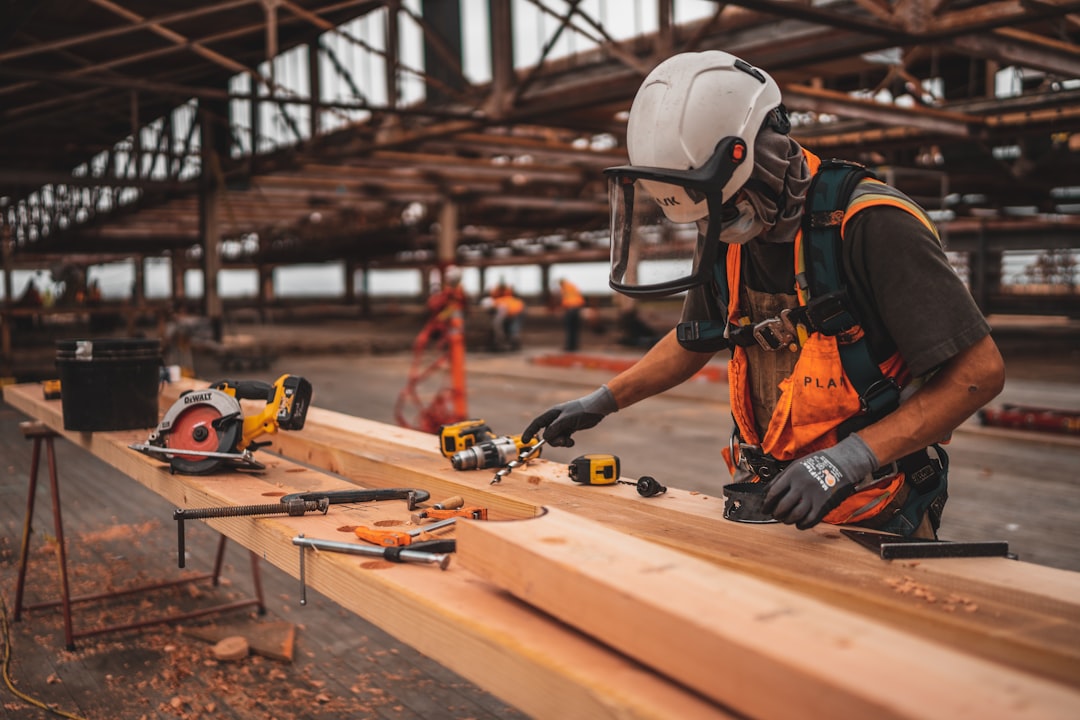
In today’s diverse culinary landscape, the demand for halal meat is steadily rising. This trend underscores the importance of halal meat butchers, who play a crucial role in catering to the dietary needs of millions of people around the world. But what exactly is halal meat, and why is it significant for many communities?
Halal is an Arabic term meaning “permissible,” and when applied to food, it refers to what is permissible under Islamic law. For meat to be considered halal, it must adhere to specific guidelines. This includes the method of slaughter, which requires the animal to be healthy at the time of slaughter and for the process to be carried out by a Muslim who invokes the name of Allah. The blood must be completely drained from the veins, ensuring the meat is pure and safe for consumption.
The role of halal meat butchers extends beyond mere adherence to these guidelines. They serve as a bridge between traditional practices and modern consumer demands. In many communities, halal butchers are trusted figures who provide assurance that the meat is not only halal but also fresh and ethically sourced. This trust is particularly important for consumers who prioritize both religious observance and ethical considerations in their food choices.
With the increasing awareness of food provenance and ethical meat consumption, halal meat butchers often emphasize transparency and sustainability. Many consumers are now more conscious of where their food comes from and how it is processed. This has led to a greater demand for butchers who can provide halal meat that aligns with these values. By focusing on sustainable practices, halal butchers contribute to a more responsible and informed food industry.
For those looking to find reputable halal meat butchers, online resources can be incredibly helpful. Websites such as halal meat butchers offer a convenient way to locate butchers who meet the necessary standards. These platforms often provide detailed information about the sourcing and processing of the meat, allowing consumers to make informed decisions.
In addition to providing for religious dietary needs, halal meat butchers also cater to a broader audience interested in high-quality, ethically sourced meat. The principles of halal slaughtering often align with those of organic and free-range methods, appealing to those who are conscious of animal welfare and environmental impact. This overlap has contributed to the growing popularity of halal meat beyond the Muslim community.
As the demand for halal meat continues to grow, it highlights the importance of supporting local butchers who adhere to these practices. By choosing to purchase from halal meat butchers, consumers not only support their local economy but also uphold a tradition that values ethical and responsible consumption. For more information on sourcing high-quality meat and supporting local businesses, you can visit this resource.
In conclusion, halal meat butchers play a vital role in modern society by providing access to meat that meets both religious and ethical standards. Their practices ensure that consumers can enjoy their meals with confidence, knowing they are respecting both their faith and the principles of sustainability. As awareness and demand continue to grow, these butchers will remain an integral part of the culinary landscape, bridging the gap between tradition and contemporary values.








